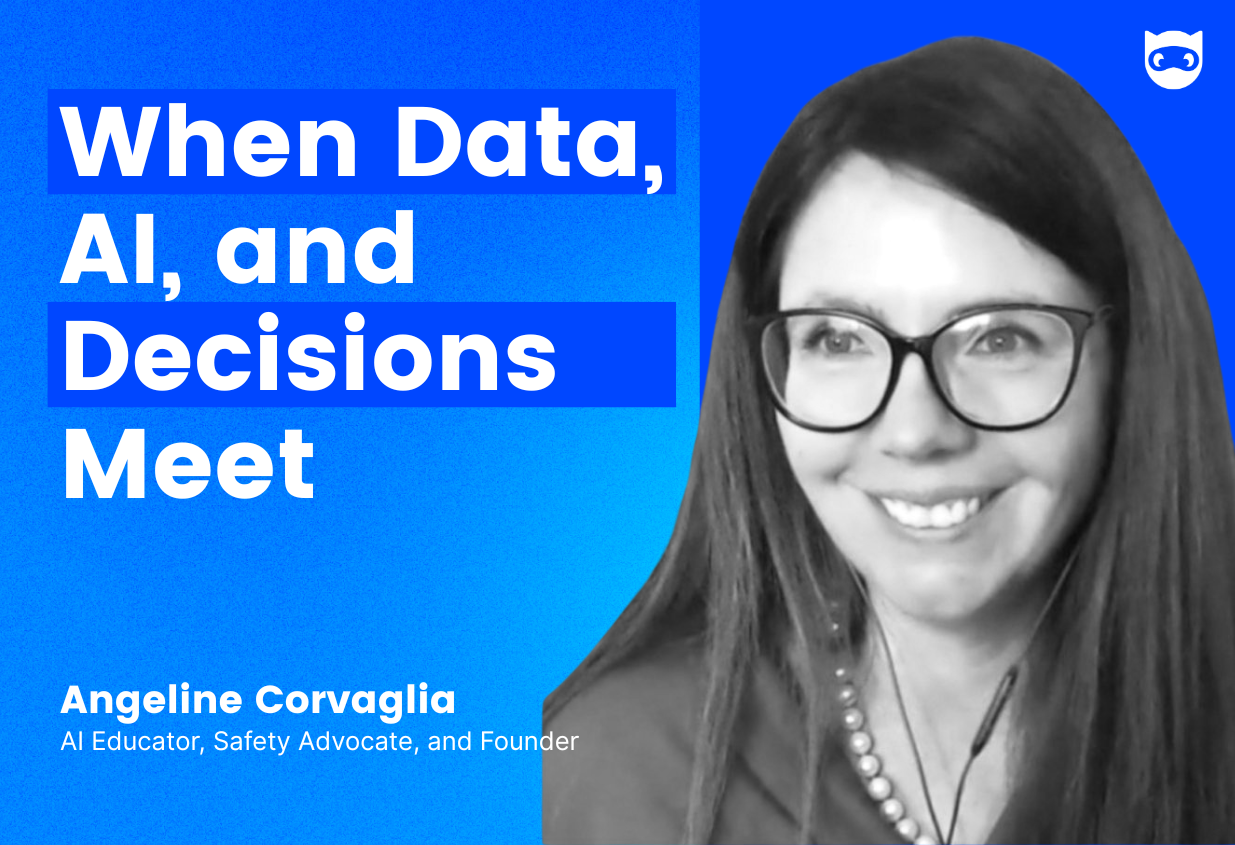AI‑Driven Marketing Automation: How Specialized Agents Slash Busywork
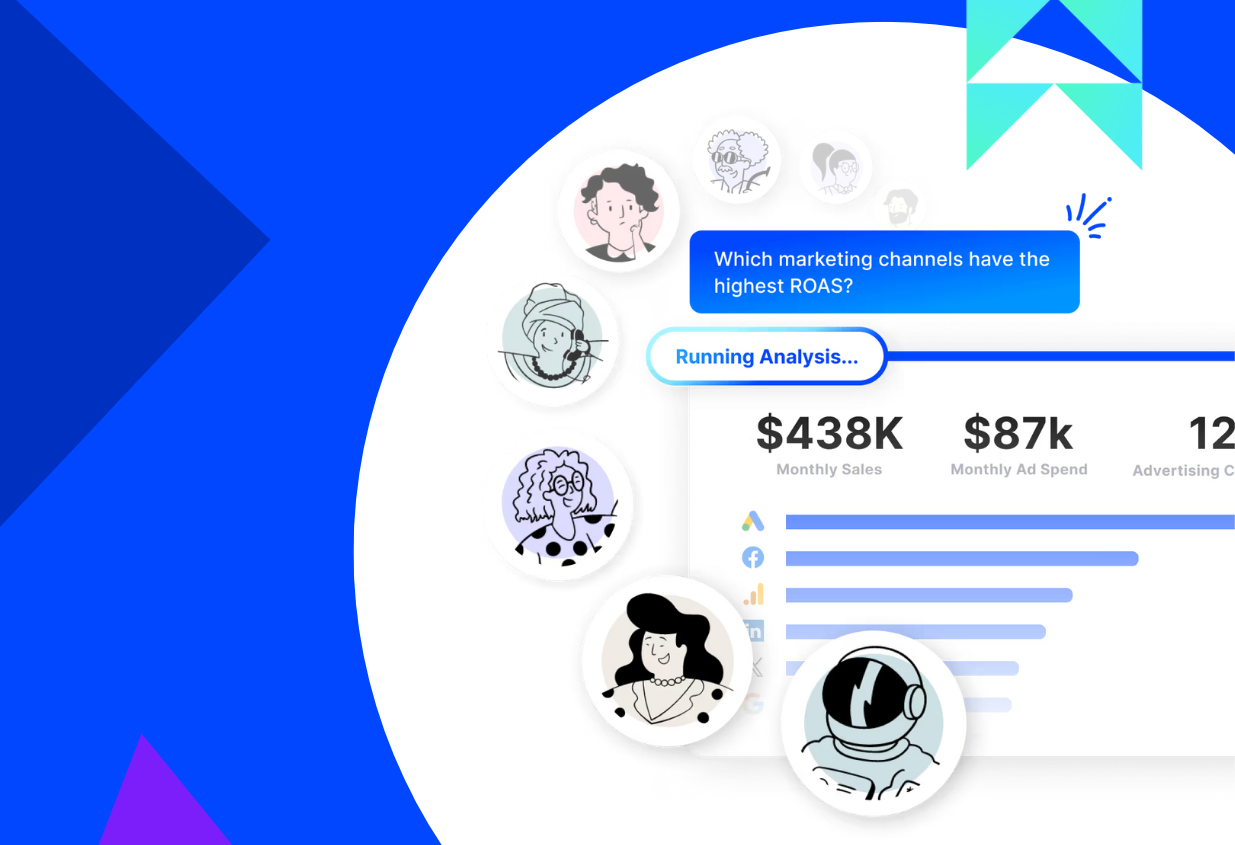
Marketing teams are overwhelmed. Campaigns are running across more channels than ever. Stakeholders want real-time answers. And somewhere between pulling performance reports and scrubbing UTM tags, your smartest people are buried in repetitive tasks.
That’s the bad news.
The good news? You don’t need to stress more humans out. You can strategically integrate customizable AI agents for marketing.
Welcome to the era of AI-driven marketing automation, where task-specific agents are quietly taking over the grunt work that used to drain your week. These aren't the generic chatbots that spit out bland copy. We're talking about agents that analyze spend, catch anomalies, sync messy data, and trigger smarter decisions—automatically.
In this article, we’ll show you:
- What AI-driven marketing automation actually means today
- Why specific AI agents outperform generic tools
- Where leading teams are seeing real ROI in <90 days
What Is AI‑Driven Marketing Automation?
AI-driven marketing automation is the practice of using machine learning and autonomous agents to manage, optimize, and report on campaigns with minimal human input. Unlike traditional rule-based marketing automation tools that operate on fixed “if-this-then-that” logic (e.g., "send email if lead score > 50"), AI agents continuously learn from live performance data and take intelligent action—adjusting budgets, identifying underperforming assets, or flagging anomalies—all without constant handholding.
The result is faster decisions, smarter personalization, and a ton of reclaimed time for strategic work.
Why Task-Oriented AI Agents Are the Future of AI‑Driven Marketing Automation
Today’s real value comes from task-specific AI agents—built for a single repeatable job, like spotting budget anomalies or cleaning up messy campaign naming conventions.
They work quietly in the background, executing tasks that used to eat up hours of analyst time. And unlike general models that require constant prompting, agents learn from your real performance data and optimize in real time.
Instead of aiming to be a jack-of-all-trades, these agents are the experts of one, focusing on specific tasks like;
- Monitoring for spend anomalies across accounts
- Pausing irrelevant or risky keywords
- Ensuring tracking compliance pre-launch
- Syncing ad costs across multiple platforms into a unified taxonomy
According to the 2025 State of Martech Report, the number of content marketing AI applications has surged, nearly doubling from 575 tools in 2023 to 1,102 in 2025—highlighting that much of the growth continues to center on creative production and distribution tools, not data analysis.
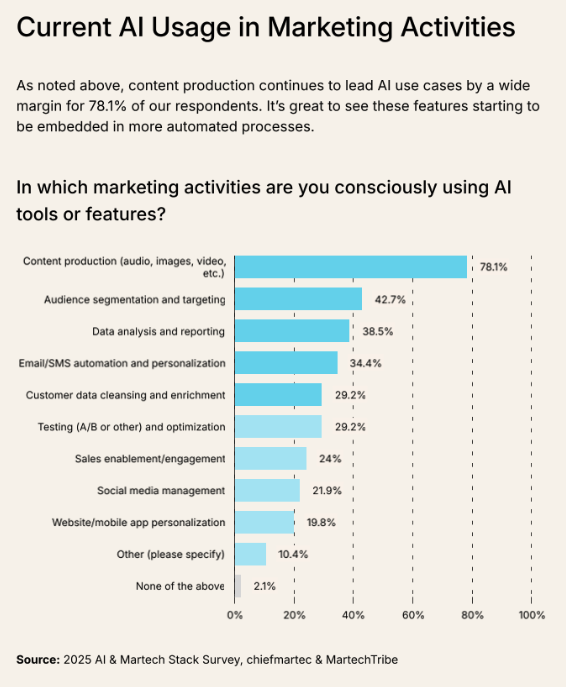
This means most marketers are automating blogs and ad copy while still manually wrangling dashboards, cross-channel data, and reporting logic.
A related finding from the research shows that the majority of AI tools being used by marketers are off the shelf and not integrated with proprietary datasets and SME-guided automation. As Scott Brinker points out in the report:
“AI assistants and stand-alone AI tools have crossed the chasm to the early majority of marketers that now regularly use them. AI agent and AI agent workflows are still on the other side with innovators and early adopters. But given the accelerated adoption rates we’re seeing across the AI field, we believe they could very well cross the chasm by the end of this year.”
This is your competitive opening. Task-specific agents go where generic tools can’t—deep into the data-heavy bottlenecks that hold back modern marketing teams.
It’s something we’ve seen firsthand here at NinjaCat, with decades of experience, managing and unifying fragmented data pipelines for large-scale agencies and enterprise brands; when you build from the data layer up, AI agents don’t simply automate work—they elevate your operations, eliminate errors, and unlock strategic thinking at scale.
A Three‑Step Framework to Adopt AI‑Driven Marketing Automation
1. Audit & Prioritize
Start with a simple audit: list every repetitive task taking >1 hour/week. Score them by effort and business impact. Pick one fast win (e.g., negative keyword management) and one strategic opportunity (e.g., churn prediction).
2. Pilot a Task-Oriented Agent
Use six months of clean campaign data to train. Set real KPIs—like time saved or CPA reduction. Run in shadow mode for 2 weeks to compare with human output.
3. Scale & Govern
Automate low-risk changes (e.g., <$5K budget shifts). Document your agent playbook in your ops wiki. Expand your agent library quarterly to solve new bottlenecks.
AI‑driven marketing automation is the next step in the evolution of smarter, not harder work. When integrated properly, AI enables top-performing agencies and enterprise teams to claw back thousands of hours every quarter—and reinvest that time into activities that actually move the needle.
By focusing on task-oriented agents, not vague generalist AI, marketing teams can shift from firefighting to future-planning. And with a platform like NinjaCat—built on a decade of solving messy marketing data—getting started is easier than ever.
The best time to analyze your workflows, identify data pain points, and pilot your first agent is right now.
How AI Agents Address Common Marketing Bottlenecks
Marketing teams often face three main bottlenecks:
- Manual Intervention: Analysts are frequently stuck in manual work—refining reports, hunting down anomalies, or stitching insights together instead of focusing on strategy. Task-oriented AI agents automate these time-consuming steps, reducing the need for manual data maintenance and allowing marketers to concentrate on the bigger picture.
- Slow Insights: Even with centralized platforms like NinjaCat’s Data Cloud, identifying trends and actionable insights can be slow. AI agents speed up this process, surfacing key patterns and recommendations automatically.
- Team Overload: The volume of tasks—campaign adjustments, client deliverables, performance tracking—can quickly overwhelm even the best teams. By automating routine tasks, AI agents alleviate team overload, allowing marketers to focus on creative deliverables rather than operational upkeep.
AI Agents—The Key to Unlocking Real Value in Marketing
In marketing, AI delivers the most impact when applied to specific, task-oriented functions. General AI applications in content have their place, but they don’t fully address the operational challenges that modern teams face. Task-oriented AI agents, built to solve distinct marketing problems, allow teams to offload routine tasks and stay focused on creativity and strategy. With AI agents, agencies can increase revenue, cut waste, and reduce risk—all without stretching their teams thin.
At NinjaCat, we encourage marketers to view AI agents as extensions of their teams, empowering them to handle time-consuming tasks and amplify their impact. The future of AI in marketing is collaborative, enabling teams to focus on what matters most—driving growth, building relationships, and delivering real value. Now is the time to leverage AI agents to unlock new levels of productivity and strategic focus.
The NinjaCat Approach: Building Effective AI Agents
NinjaCat’s approach to AI agents is rooted in structured design, focused deployment, and ongoing optimization. By combining advanced AI models, robust tools, and high-quality data, we build agents that go beyond basic automation, transforming workflows and enhancing productivity. Each agent is created with a specific function in mind, designed to handle routine tasks so that marketers can zero in on delivering strategic value.
Our AI agents work as genuine collaborators, taking over the routine and freeing marketers to tackle the work that requires insight and innovation.

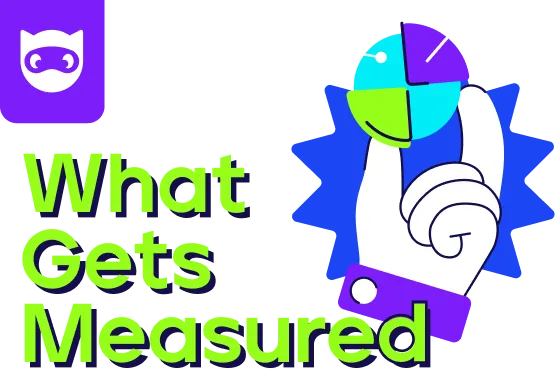
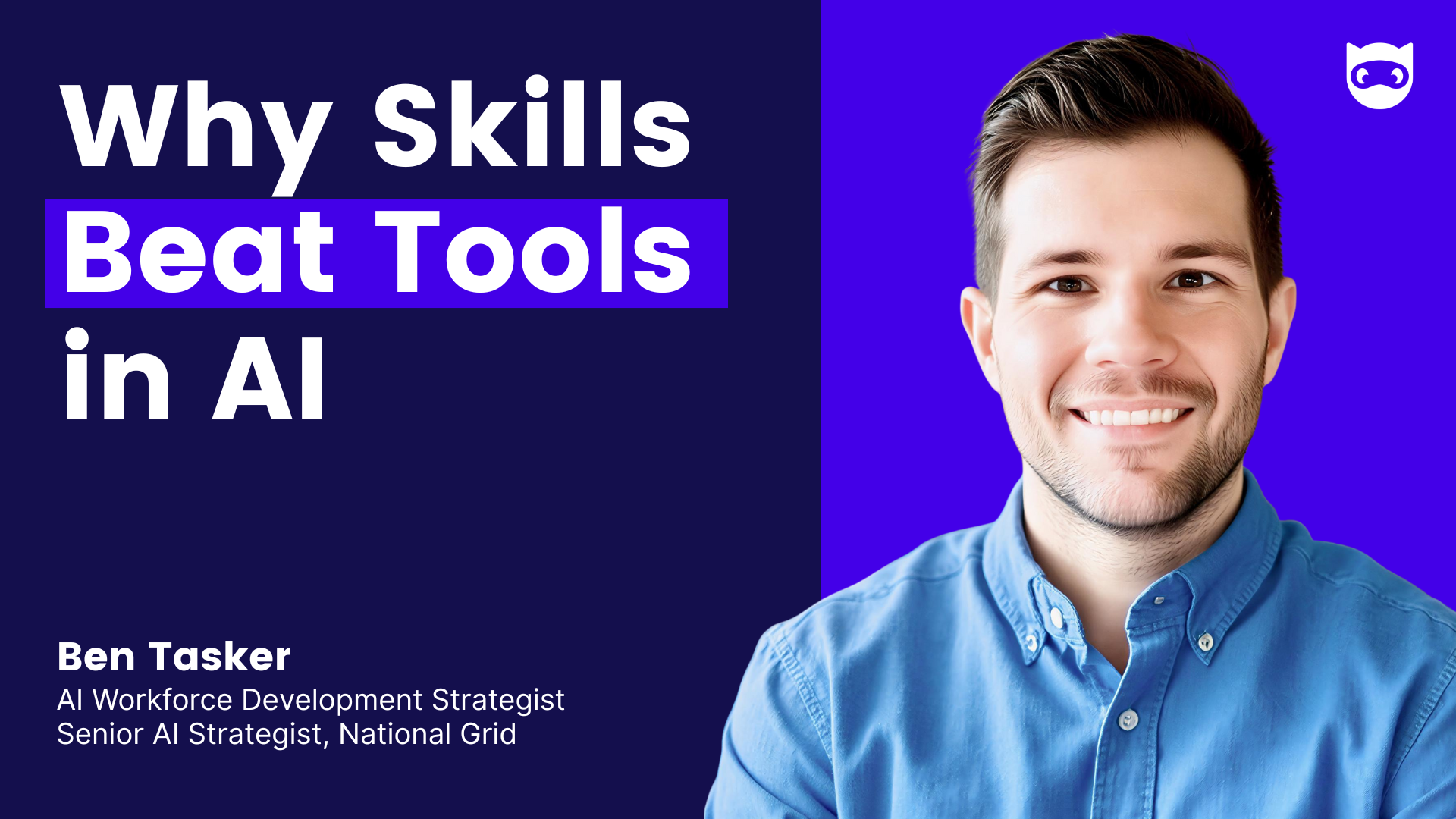


.png)
